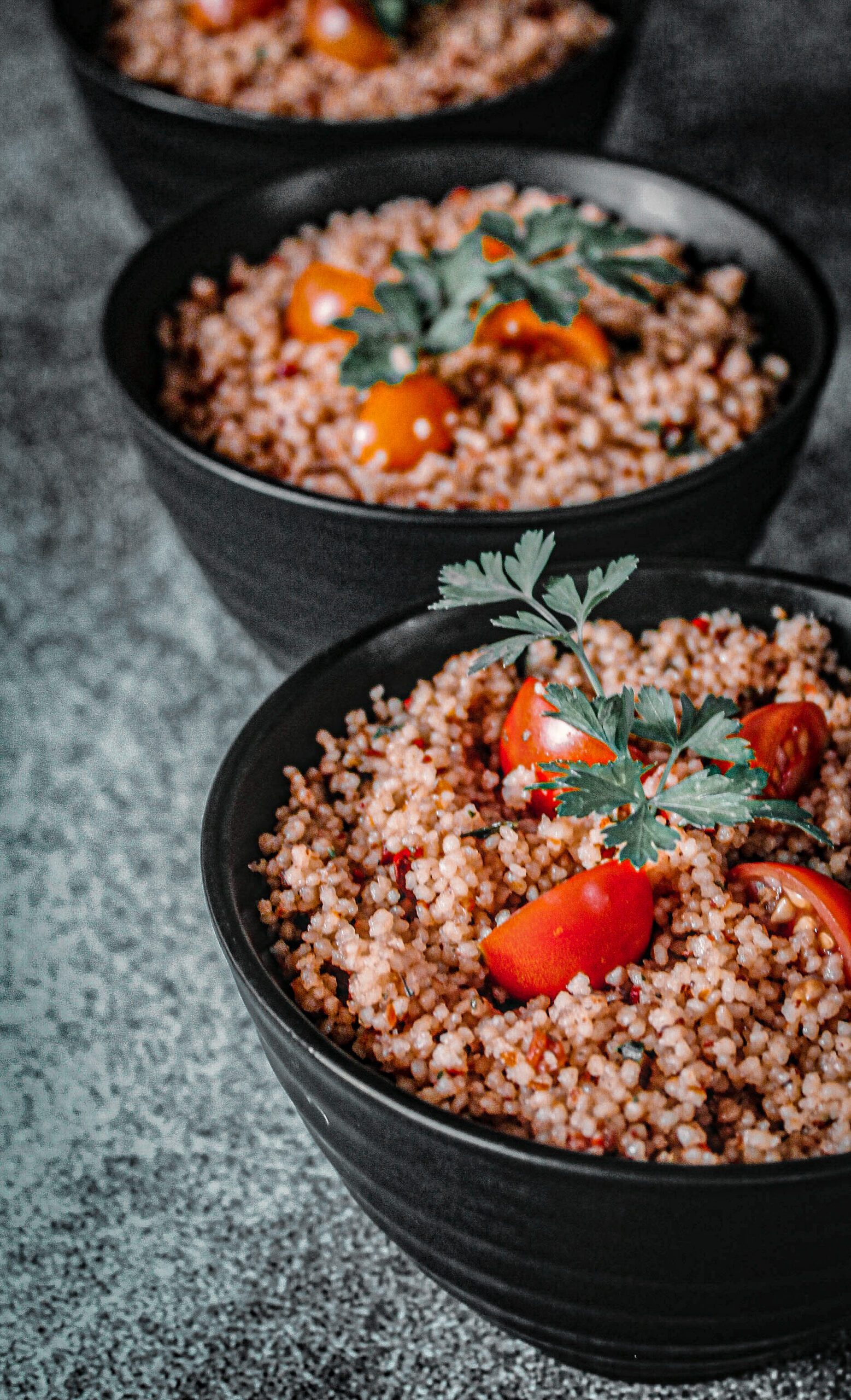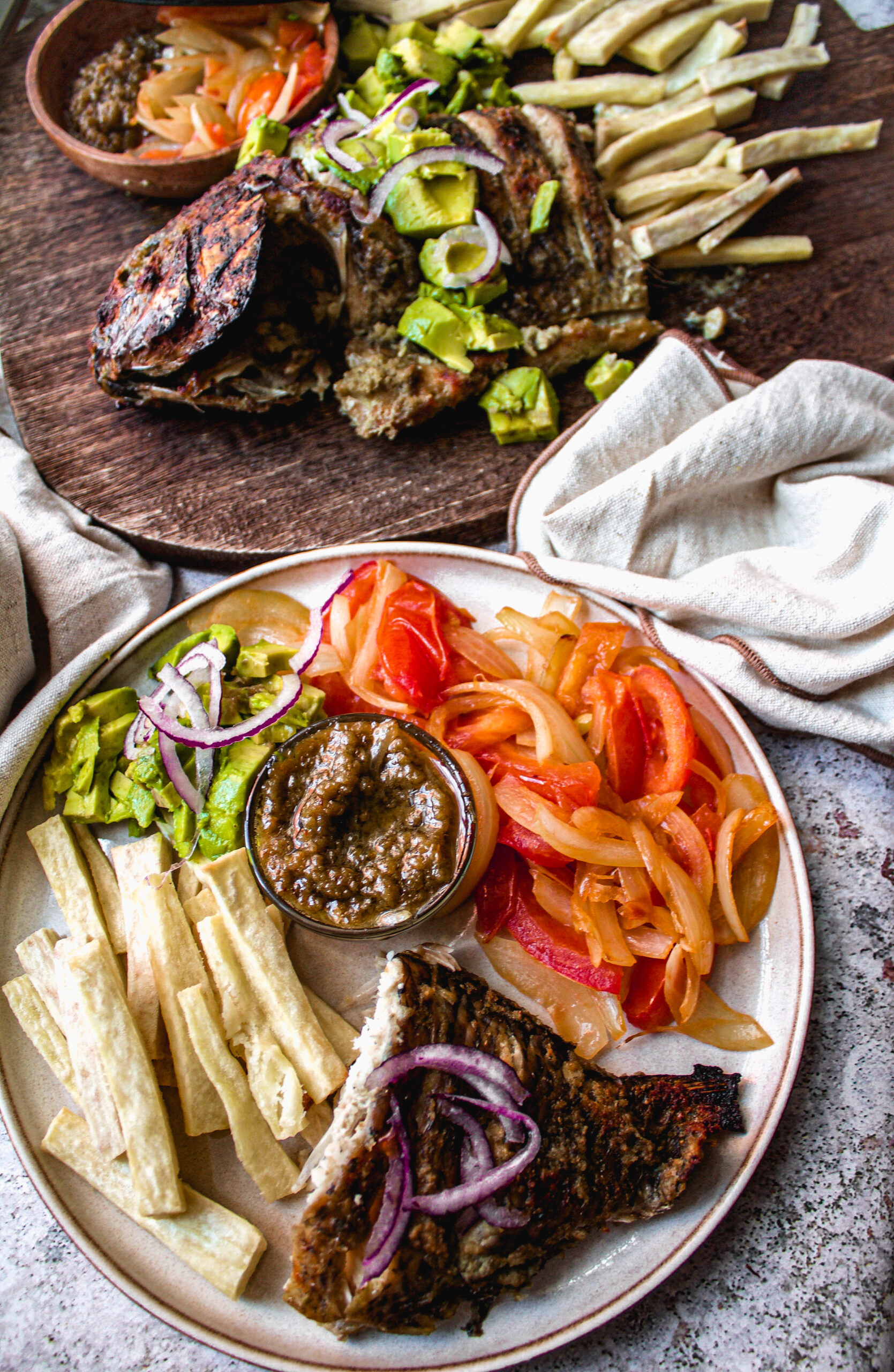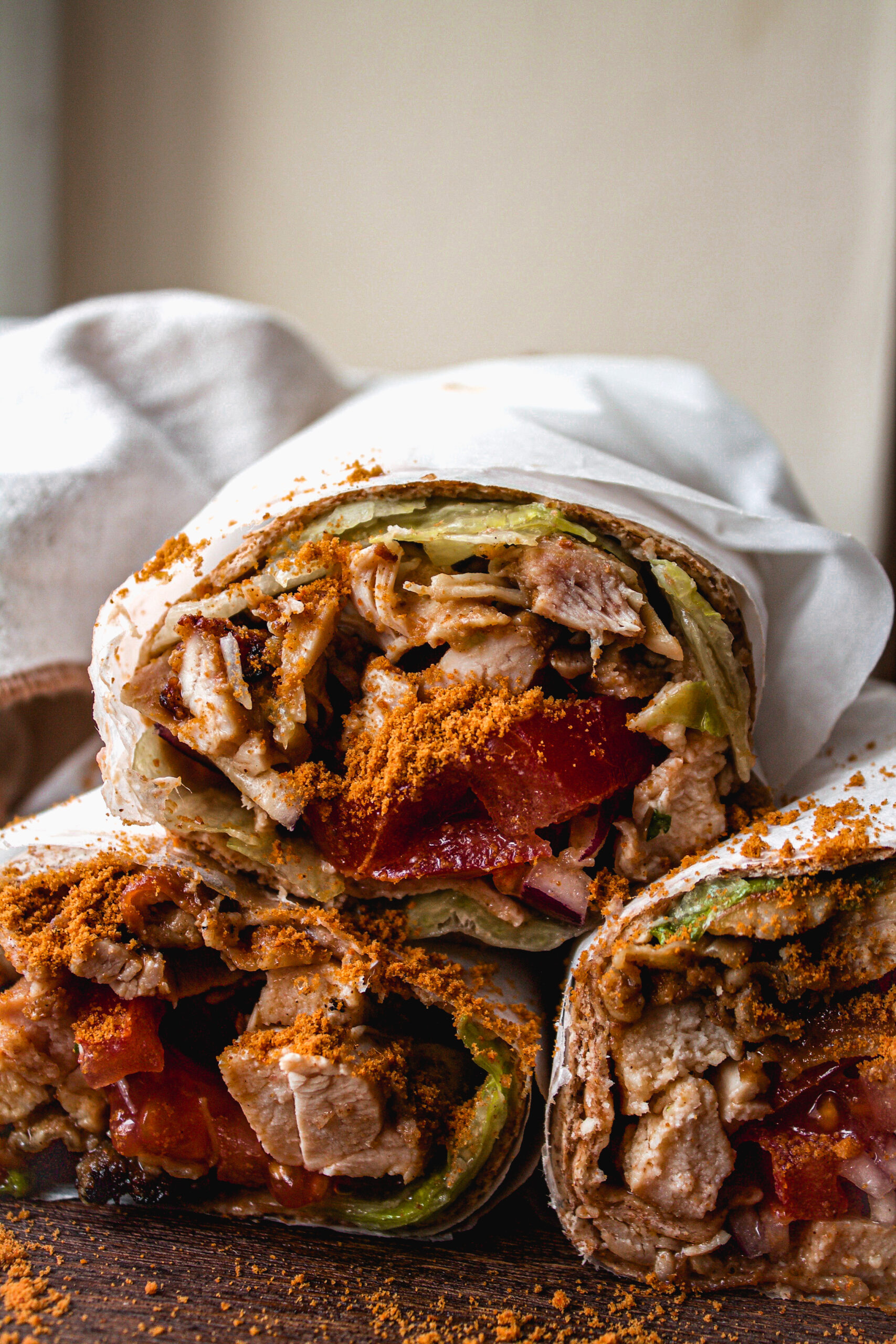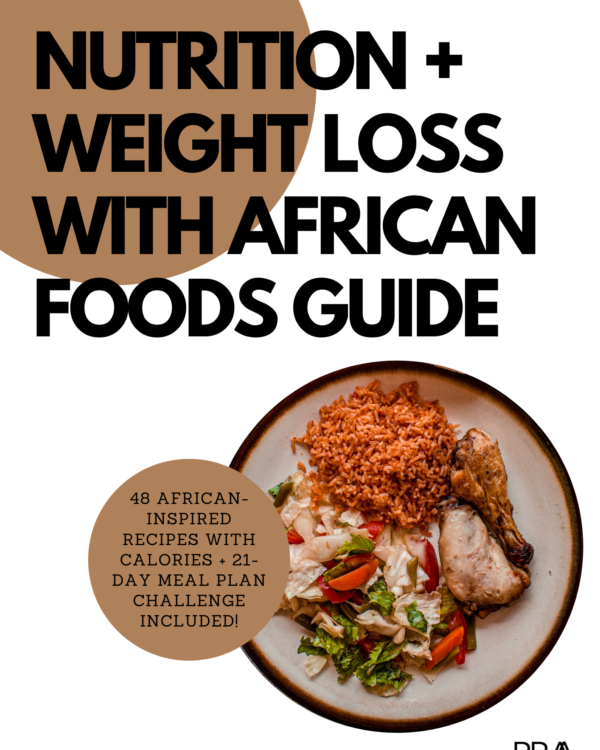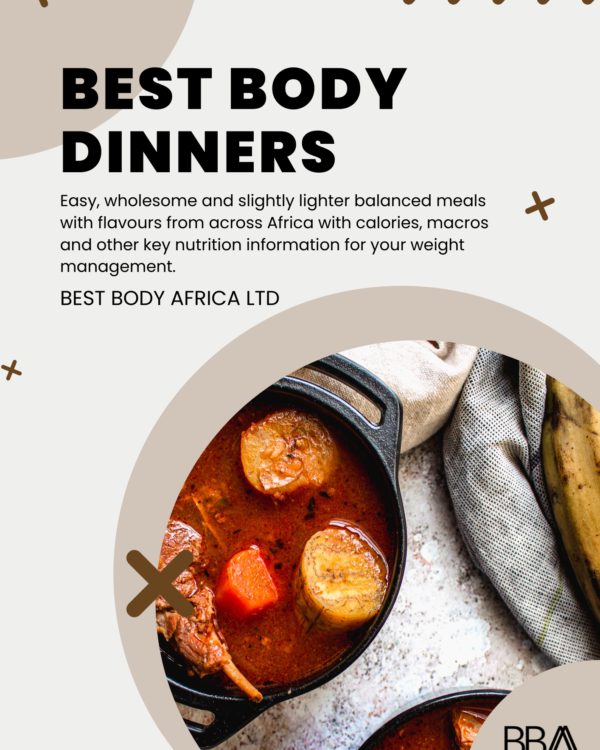We’re all looking for the next best superfood, right? Which is why it’s not surprising to see the increasing popularity of quinoa across the African continent. This world-renowned superfood, harvested in South America, is creeping into grocery stores and “health food” shops in countries from Ghana to South Africa and is being sold at inflated prices due to conversion rates and high costs of importation. Globally, this grain has been dubbed THE superfood and is known for its impressive properties namely being high in protein, high in fibre and gluten-free.
Quinoa, of course, is highly nutritious with 1 cup of cooked quinoa containing 222 calories, 39g of carbs, 8g of protein, 5g of fibre and loads of vitamins and minerals including, Vitamin A (eyesight, strong bones, reproduction and more); Vitamin C (immune defence, the ability to reduce cholesterol and more); and even calcium (strong bones and teeth) among many other benefits.
Occurring concurrently with the growth of quinoa is the comeback of and increased use of indigenous African grains in everyday cooking. With our African cities being increasingly globalised and with “Western” products dominating on grocery store shelves, many of you may not have heard of grains such as fonio, sorghum or amaranth. These highly nutritious indigenous superfoods are, of course, still used in many traditional dishes, however, their use in everyday cooking on the continent is expanding. And why not? Eating these grains supports African smallholder farmers and also saves you a buck by buying locally available grains as opposed to splurging on imported grains, such as quinoa.
In this article we will provide insight into these indigenous grains and share how you can incorporate them into your diet for an overall healthier lifestyle.
1. Fonio
Fonio, one of Africa’s oldest grains, is typically cultivated in the West African region. It is a variation of millet yet has a nutty flavour and a texture at the intersect of couscous and quinoa. It is used in porridge, stews, salads and in ground form as flour for various recipes.
Fonio is a gluten-free grain packed with fibre to aid digestion. It contains an variety of vitamins and minerals which altogether aid in promoting strong bones and teeth; strengthening nails and hair; promoting a healthy heart; controlling diabetes and many more benefits. 1 cooked cup contains 170 calories, 1g of fibre, 0.5g of fat, 2 grams of protein and 39g of carbs.
2. Sorghum
Sorghum is a grain found in various varieties including white, yellow, red, black and brown. It can be cooked and eaten like quinoa or white rice, milled into a flour for baking or popped like popcorn. It has been harvested on the continent for centuries and is used in traditional cooking as well as to make beer and syrups.
1 cup of this gluten-free grain contains 228 calories, 56g of carbs, 2g of fat, 7g of protein. It also contains Vitamins B1, B2, B5, B6, copper, iron, manganese, potassium and zinc which altogether contain properties that aid digestion, promote strong teeth and bones, reduce inflammation, make red blood cells, help your immune system, help your metabolism, promote cardiovascular health, reduce cholesterol among many other benefits.
3. Amaranth
Amaranth is a highly nutritious ancient grain that has been harvested on the continent for thousands of years. You may be familiar with it in the traditional Ethiopian dish, injera, but it can also be cooked and eaten in salads, like rice or ground into flour for further recipe experimenting.
1 cup of this gluten-free grain contains 251 calories, 9.3g of protein, 46g of carbs, 5.2g of fat. It also contains vitamins and minerals such as manganese, iron, copper magnesium, selenium and phosphorus which altogether protect against disease, such as cancer, reduces inflammation, lowers cholesterol and many more benefits.

